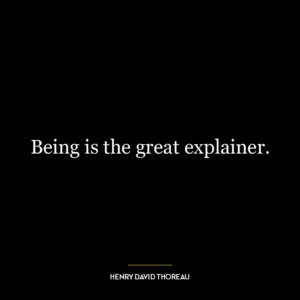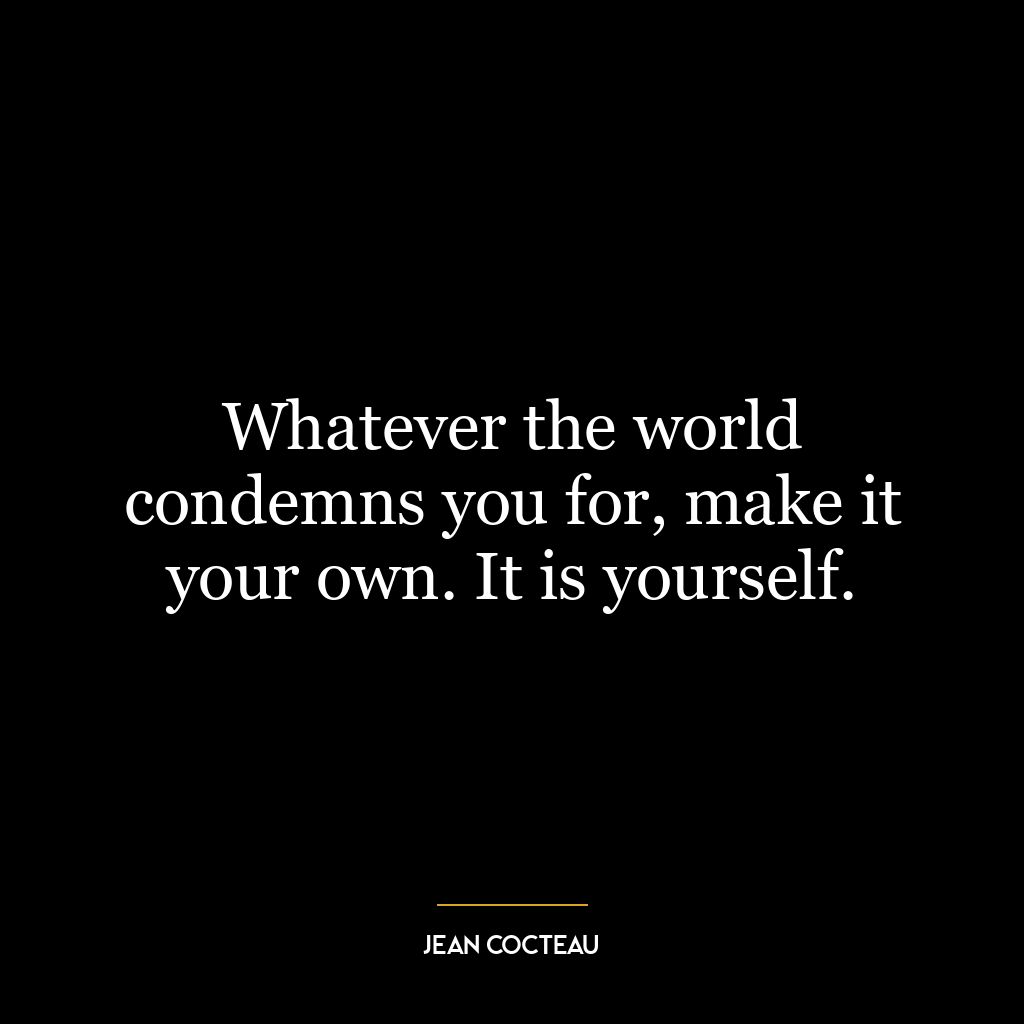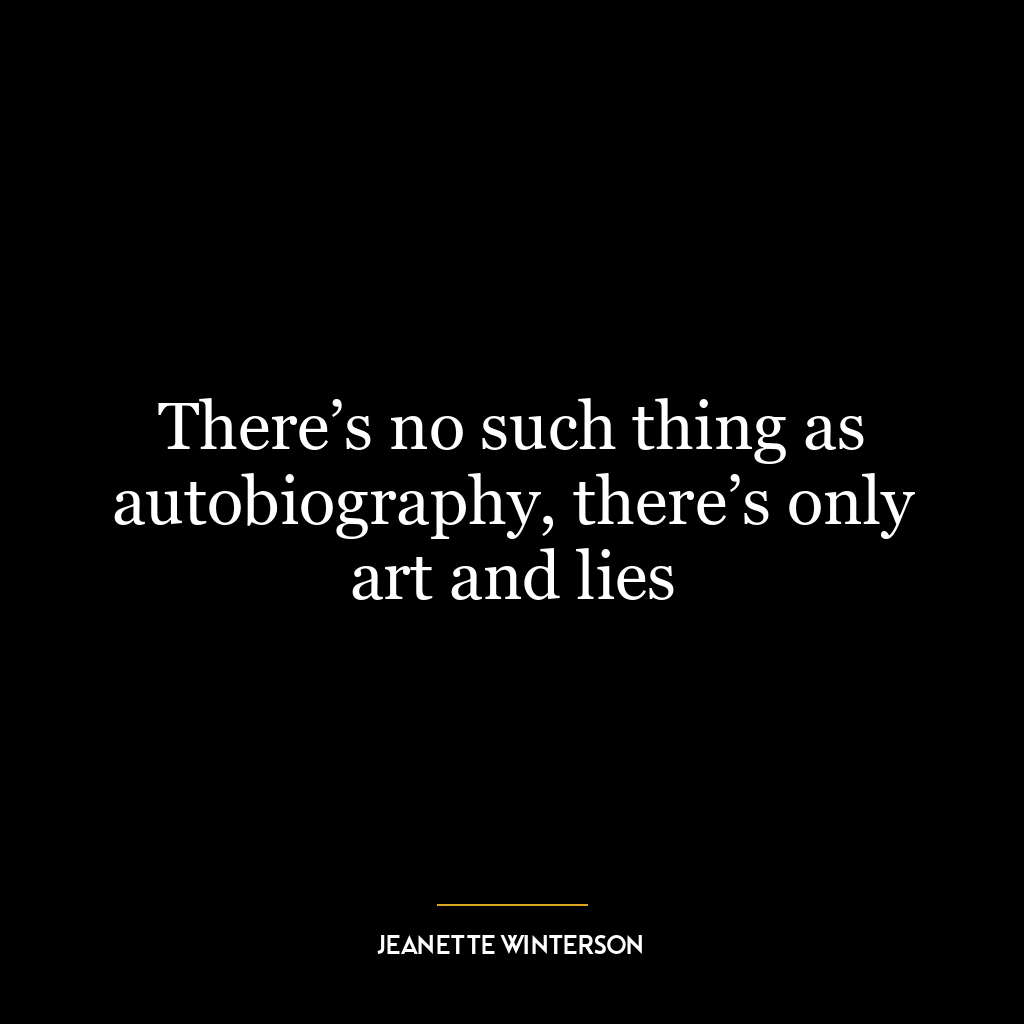This quote suggests that a man doesn’t need to study the past to understand what’s best for his own culture. In other words, the wisdom and knowledge necessary to cultivate and improve one’s culture is not only found in history books, but also within the individual and his present surroundings. It implies that the essence of culture lies in the lived experiences of people, their values, beliefs, and practices, rather than in the documented accounts of the past.
The quote implies that the development and evolution of culture is an ongoing process, rooted in the present moment. It’s about understanding the needs, desires, and aspirations of the community in the current context. It also suggests that the best way to nurture and enrich one’s culture is by actively participating in it, by living it, and by contributing to its growth in meaningful ways.
Applying this idea to today’s world, we often see individuals and societies looking back at history to find answers for current issues. While history can provide valuable insights, this quote reminds us that solutions can also be found by looking at our present circumstances and by leveraging our own creativity, innovation, and understanding of contemporary needs.
In terms of personal development, this quote could be interpreted as a call for introspection and self-awareness. Instead of looking outward or backward for answers, we should look within ourselves and our current experiences. It encourages us to learn from our own lives, our successes and failures, our joys and sorrows. It suggests that we have the capacity to shape our own future, based on our understanding of our present circumstances and our vision for ourselves.
In conclusion, while history is undoubtedly important, this quote emphasizes the importance of the present moment and the role of the individual in shaping his own culture and personal development.










